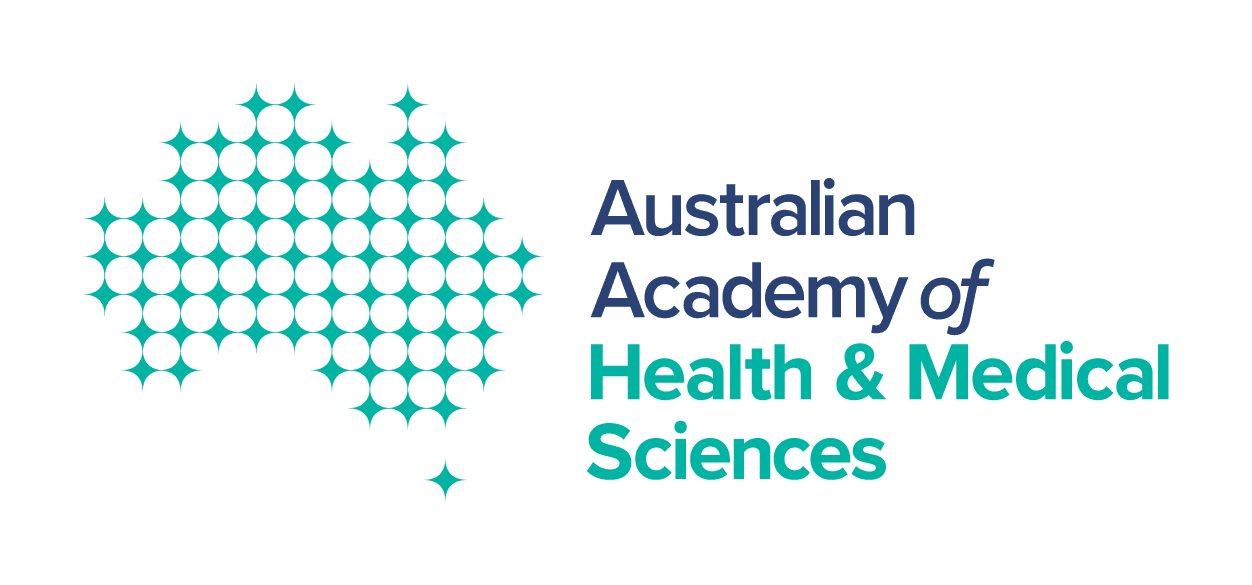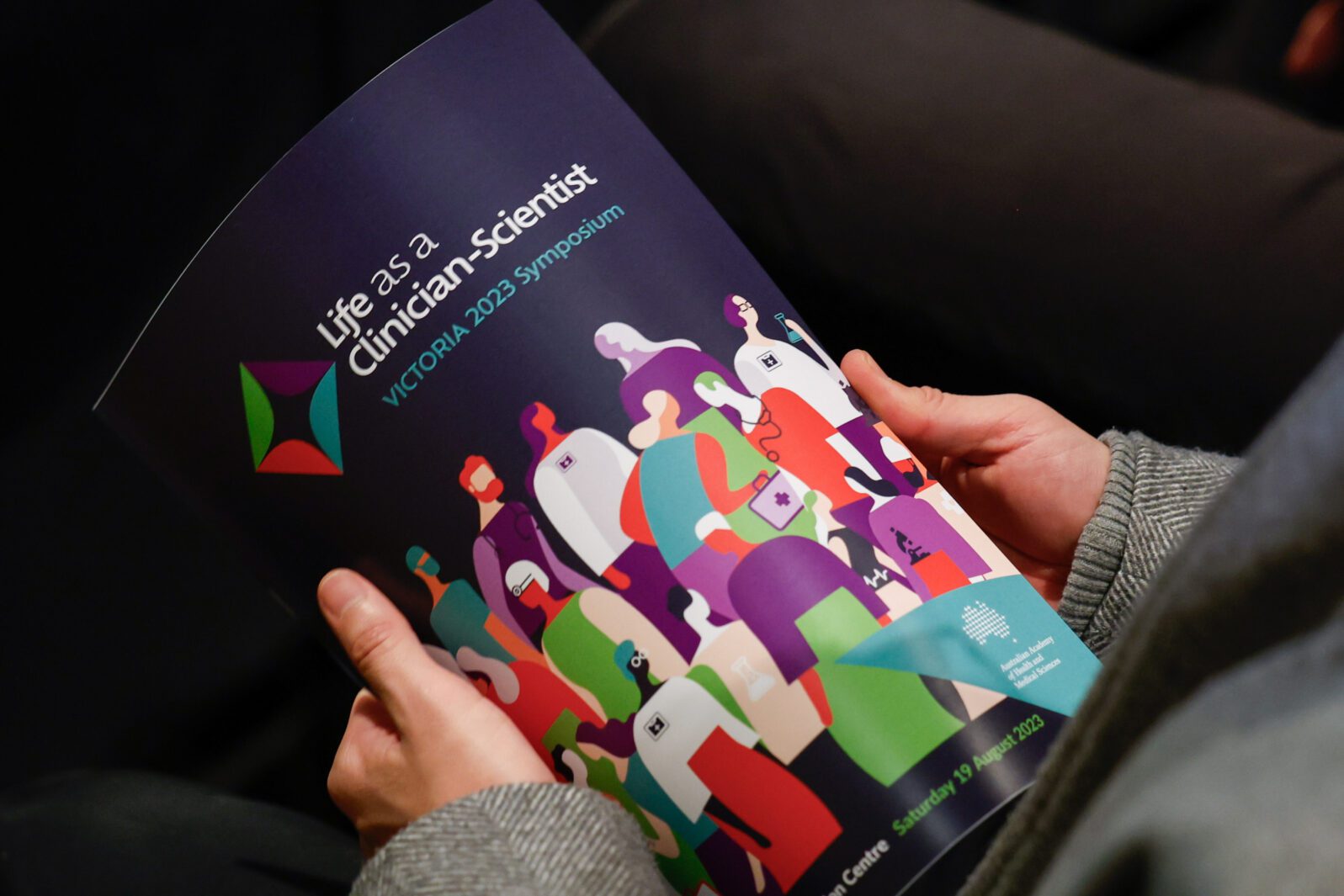This year marks 10 years since the Australian Academy of Health and Medical Sciences was formed. Celebrate with us as we reflect on a decade of advancing research and innovation to improve everyone’s health. This article is the first in a series that highlights 10 of the Academy’s major achievements since it was formed in 2014.
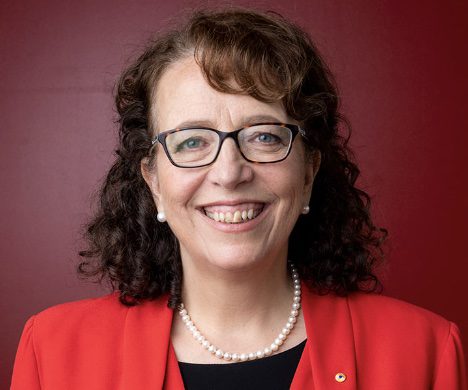
It’s 2016 and Professor Ingrid Scheffer AO is trying a new experiment. She has done her research, conferred with her collaborators, and worked with her team for the best chance of success. Professor Scheffer, a founding Fellow of the Australian Academy of Health and Medical Sciences and then Chair of the Mentorship Committee, is testing a hypothesis: will hearing first-hand stories from top clinician-scientists encourage others to consider this exciting career path?
Speaking to a packed audience of hundreds of junior doctors, PhD students, and early-career researchers, Professor Scheffer discusses the pros and cons of this challenging career: it can be time-consuming, there will be setbacks, and you need to be committed, but being a clinician-scientist is so ultimately rewarding that all these obstacles will be well worth it.
“It gives you a different way of looking at the world and it helps you to make a difference far beyond the patients that you see, with far-reaching impact, changing practice and outcomes globally,” Professor Scheffer tells the audience.
The experiment is a success. The 2016 Life as a Clinician-Scientist symposium becomes the first of many, with events held annually in different states around Australia each year. Since that first symposium, the Life as a Clinician-Scientist program has expanded to include digital materials such as videos, newsletter and one-to-one spot mentoring sessions. Symposia have been held in Perth, Adelaide, Melbourne, Brisbane and Sydney, as well as online events targeted at nurses and midwives and allied health professionals. In 2024, the Academy will host its first event in Canberra, as well as an online event for those working in regional and rural health.
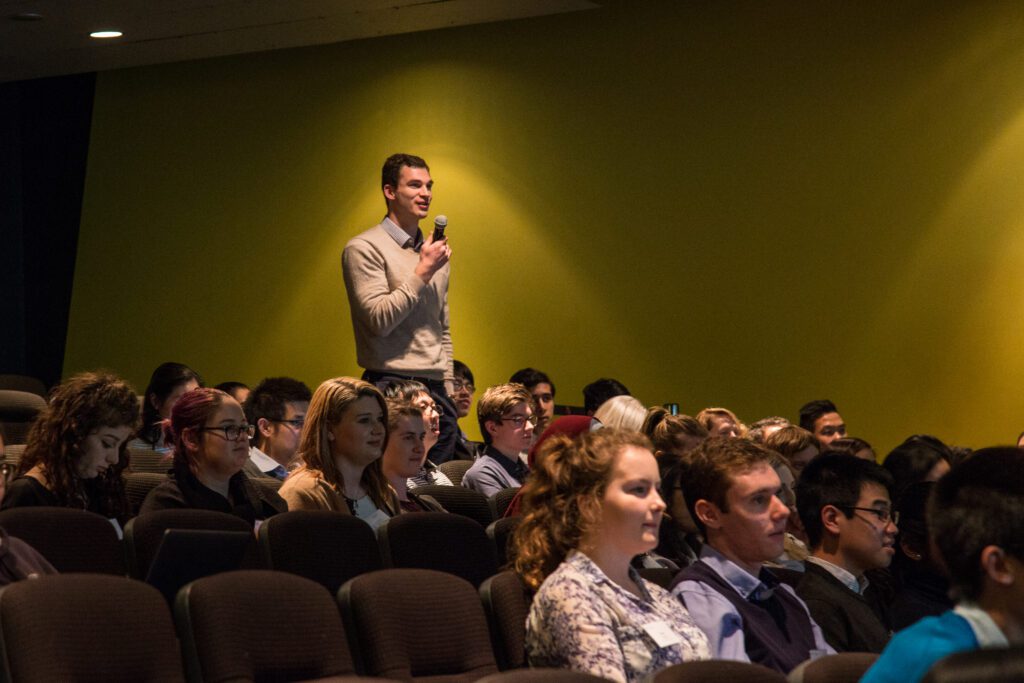
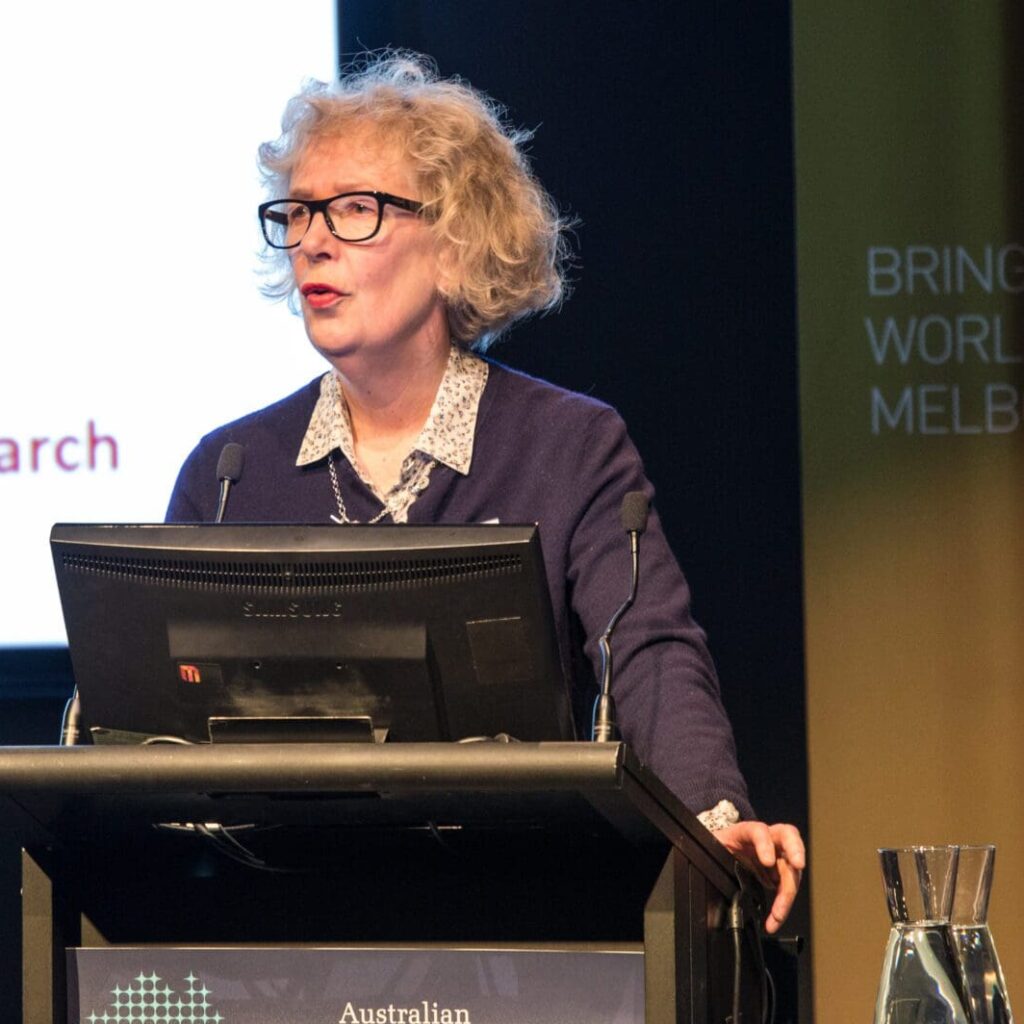
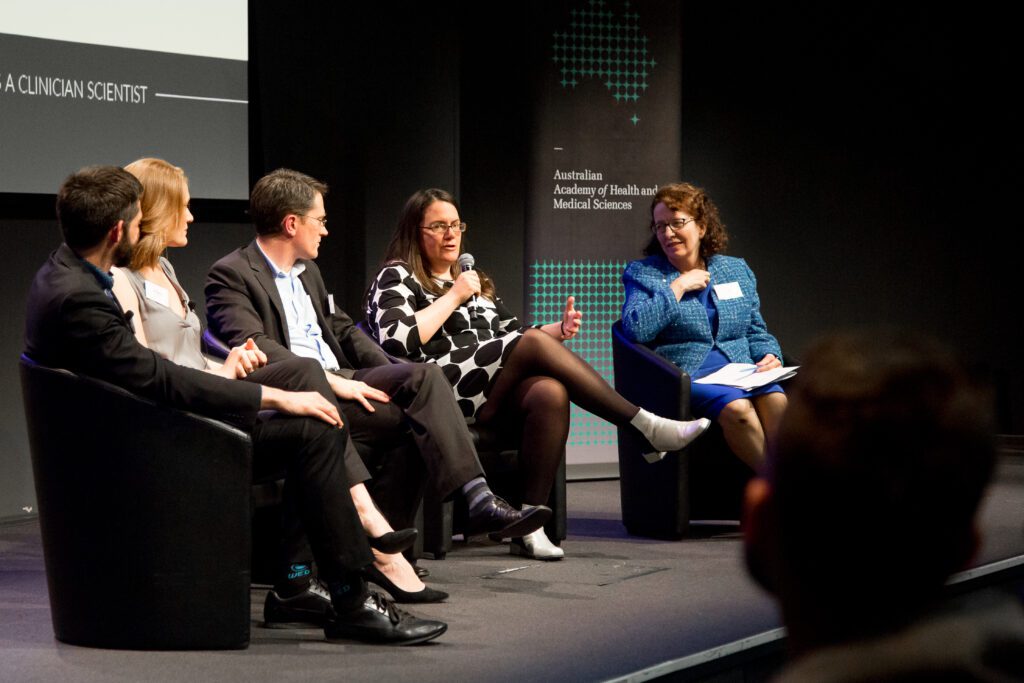
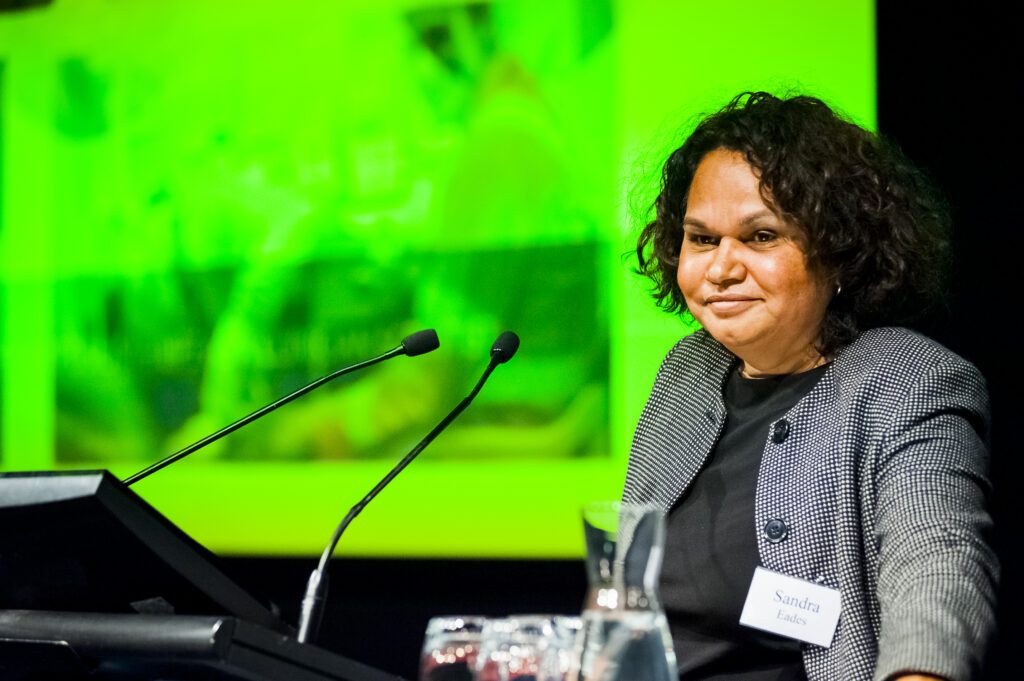
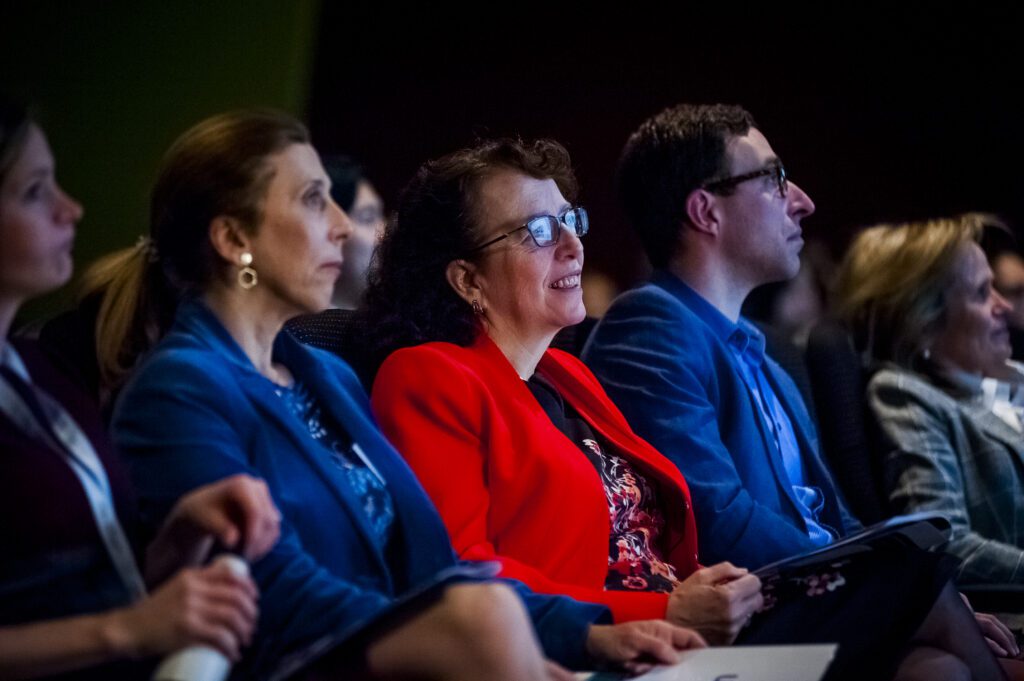
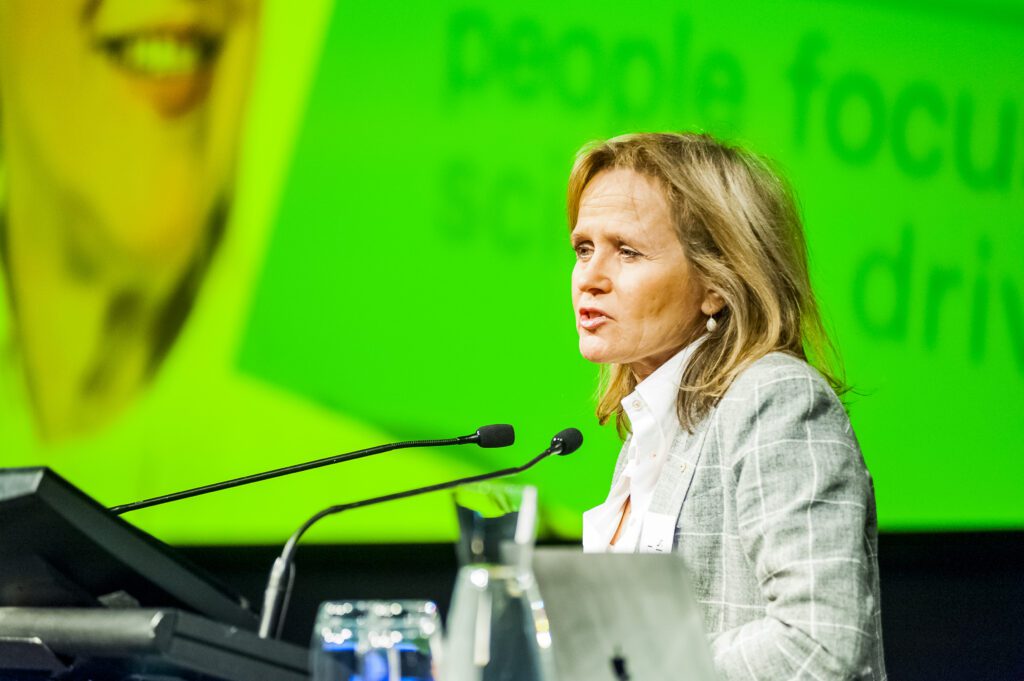
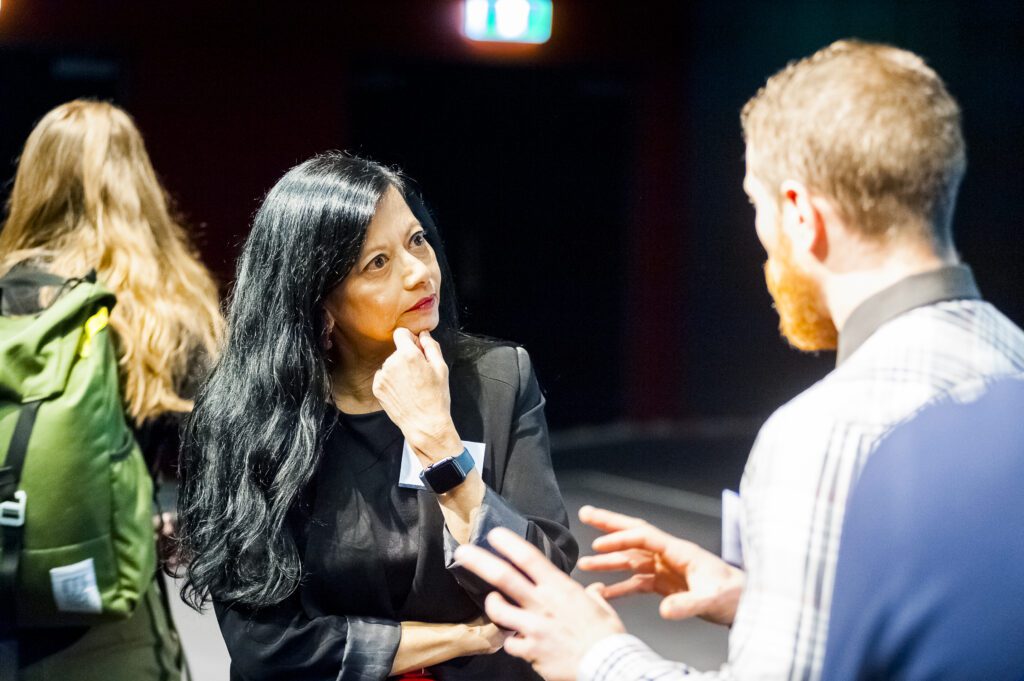
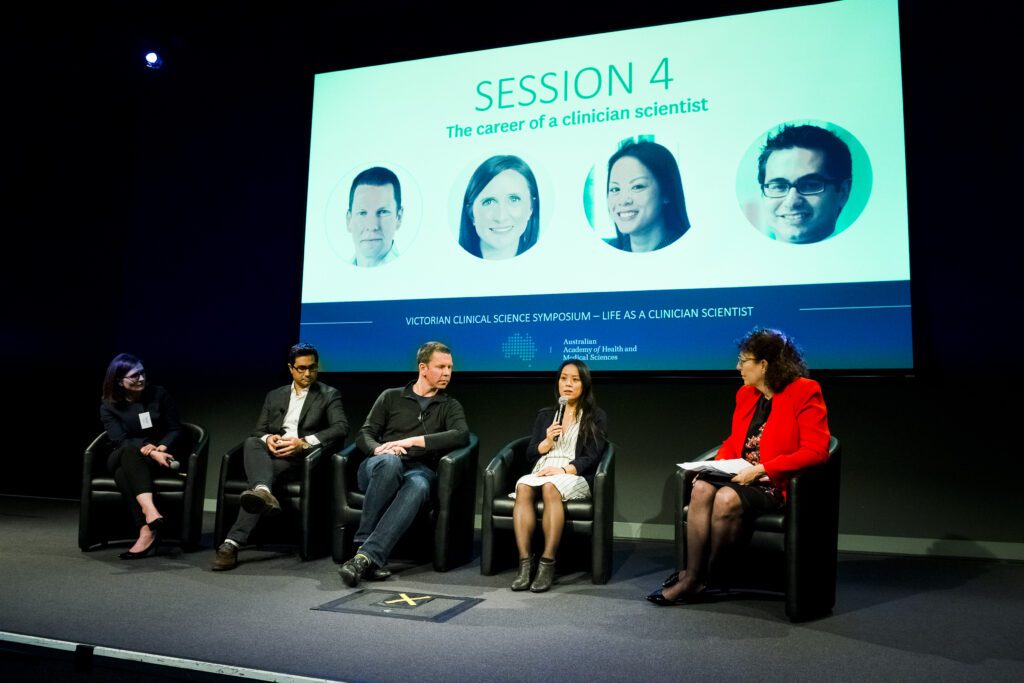
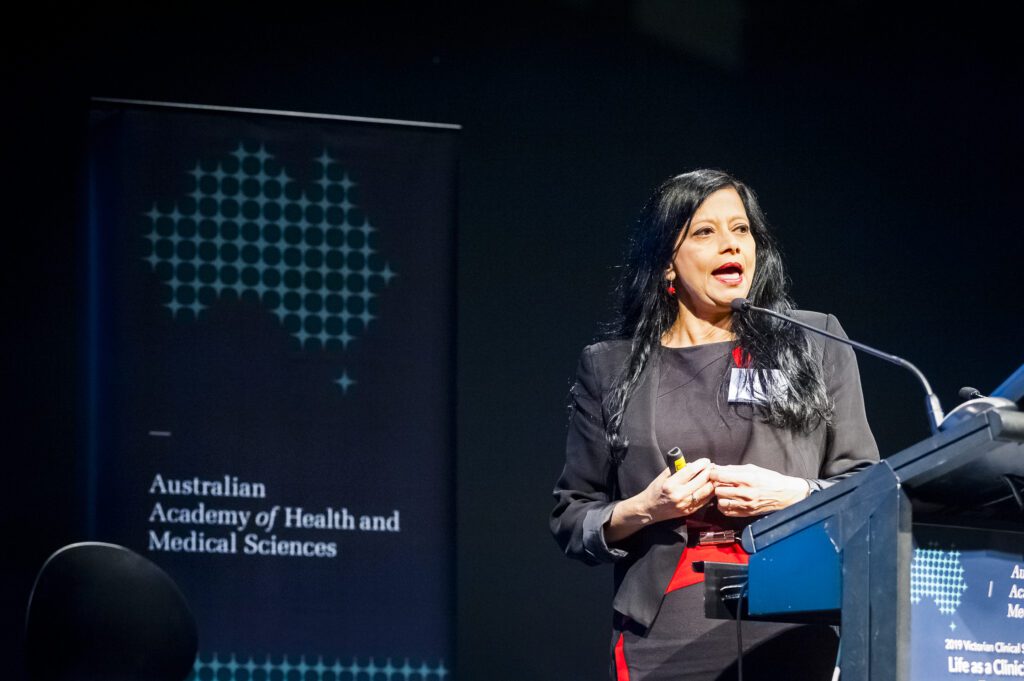
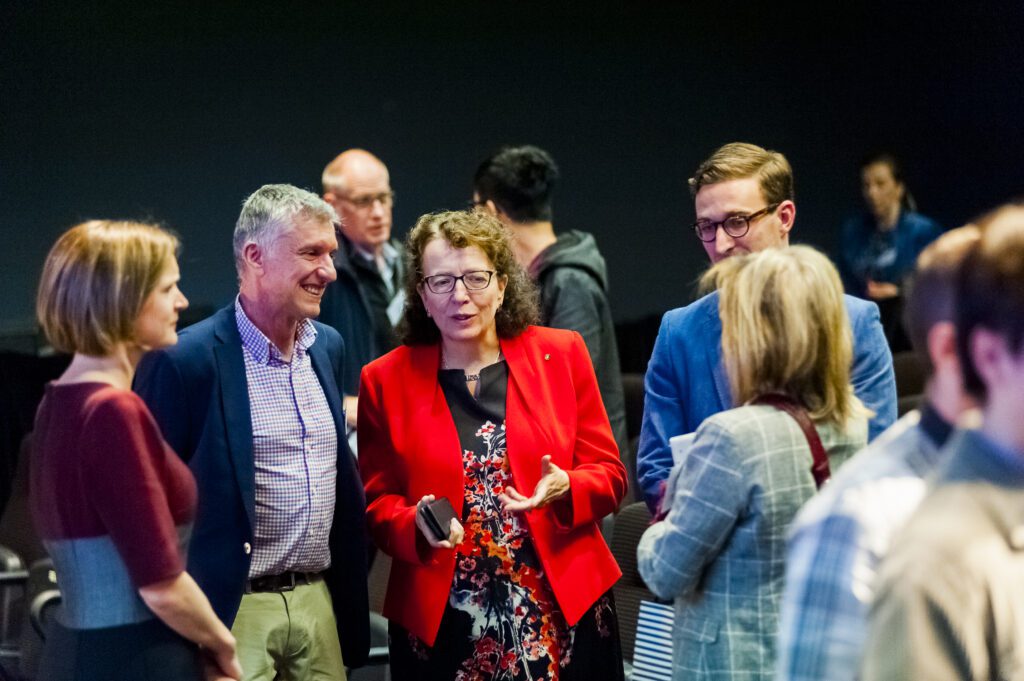
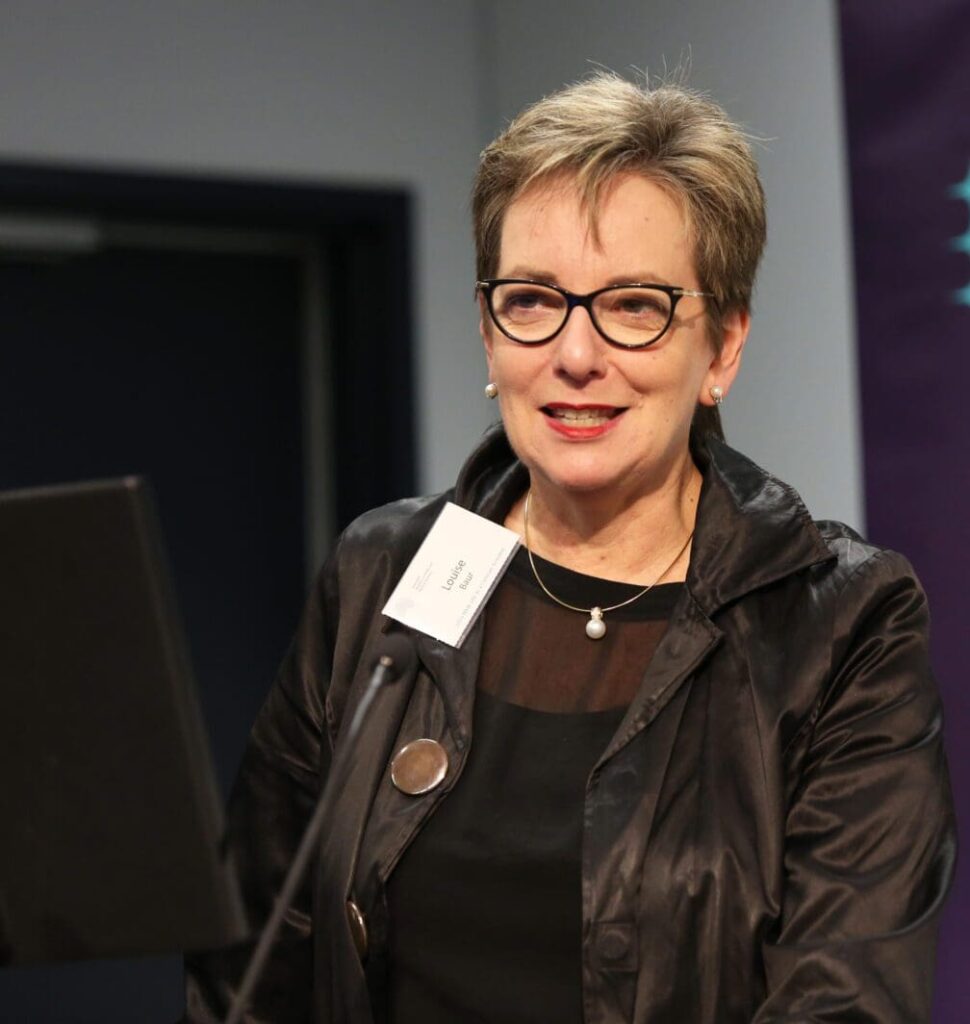
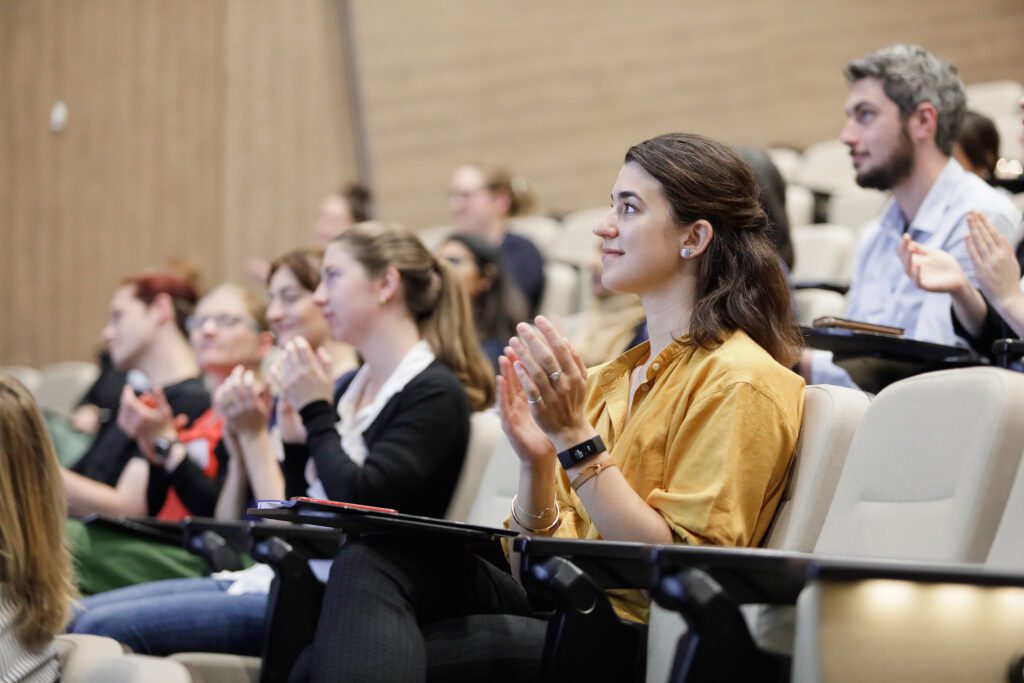
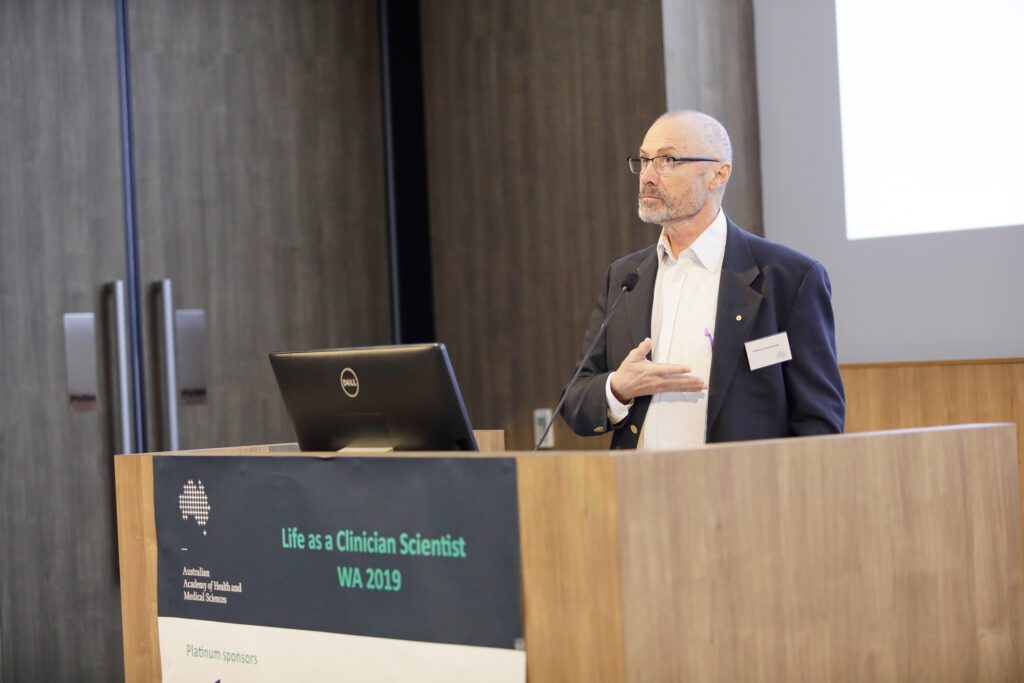
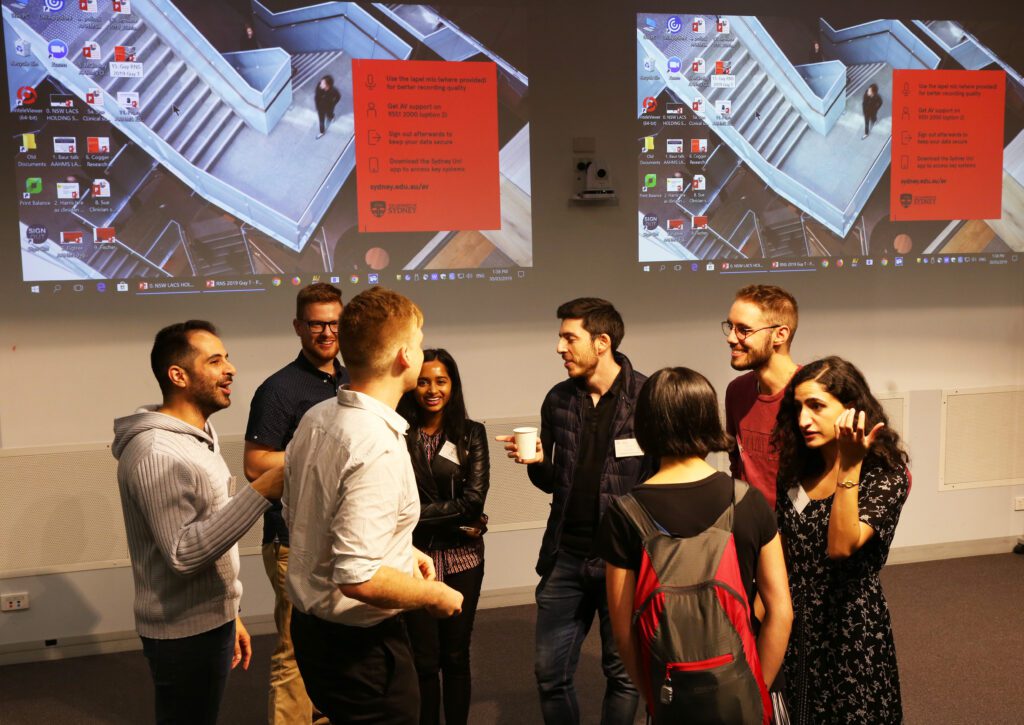
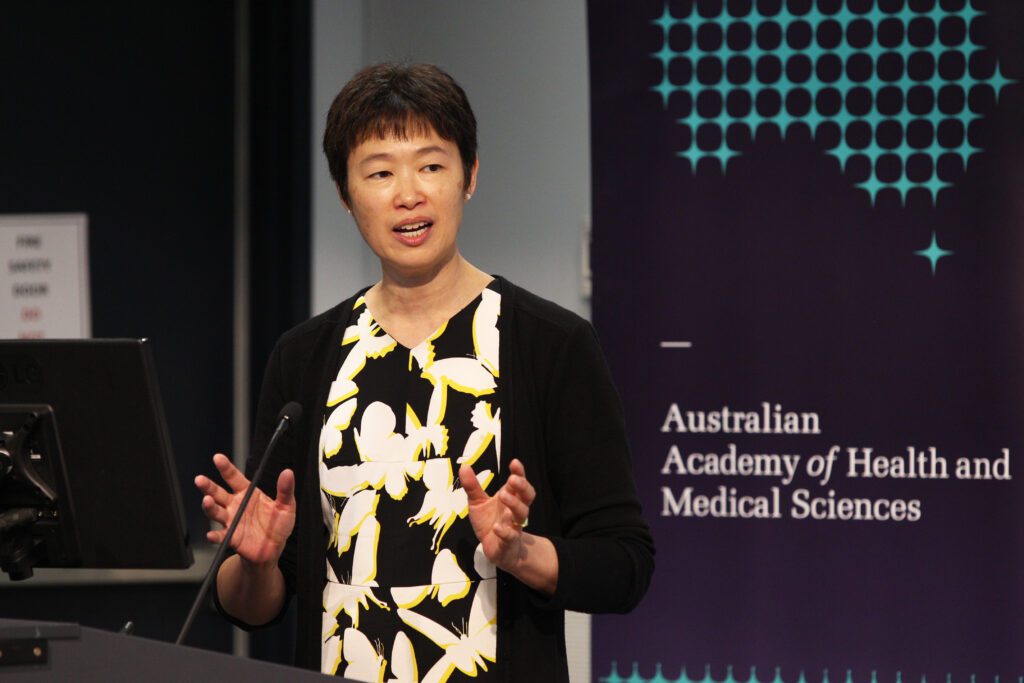
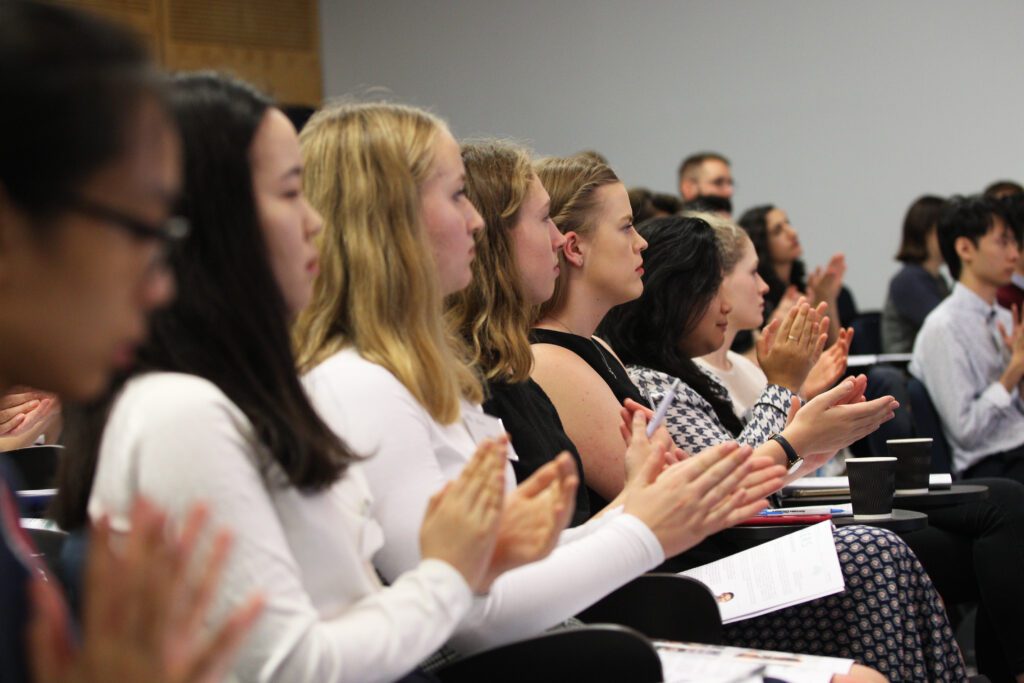
“Since the Academy’s formation in 2014, one of our priorities has been to encourage and nurture the next generation of clinician-scientists,” Professor Scheffer said.
“It is a profession in which you can make an incredible difference; the pathways to becoming a clinician-scientist are many and varied.”
Professor Scheffer had been discussing the Academy and her work on the mentorship program with her son, Edward Cliff, when he pointed out that the Academy was missing an important audience.
Then a medical student, Dr Cliff said he was excited to hear about the Academy and the work his mother was doing.
“They were running a mentorship program for associate professors and newly-minted professors to really take them to the top of their fields in the world,” he said.
“I said to her, associate professors and professors are already sold – that’s not the next generation, you need to go a bit younger.”
Dr Cliff already knew how inspirational it could be to learn about the life of a clinician-scientist – after seeing his mother’s incredible success, he decided to pursue clinical science himself.
And so, the hypothesis was made: would hearing first-hand stories from top clinician-scientists encourage others to consider this career path?
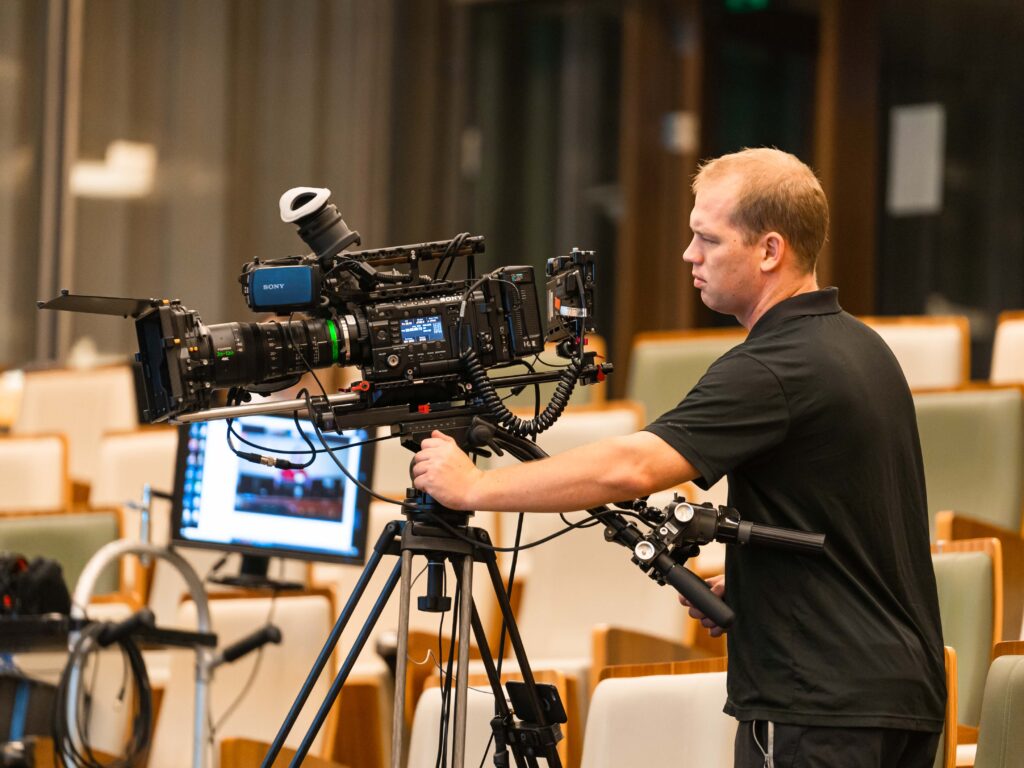
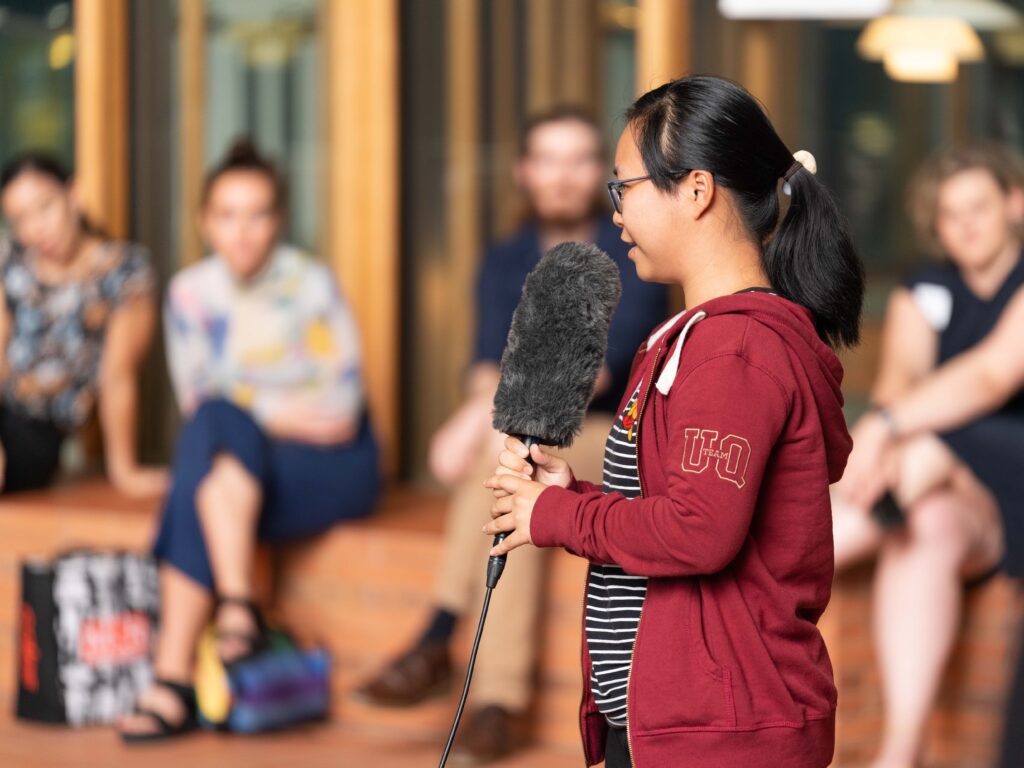
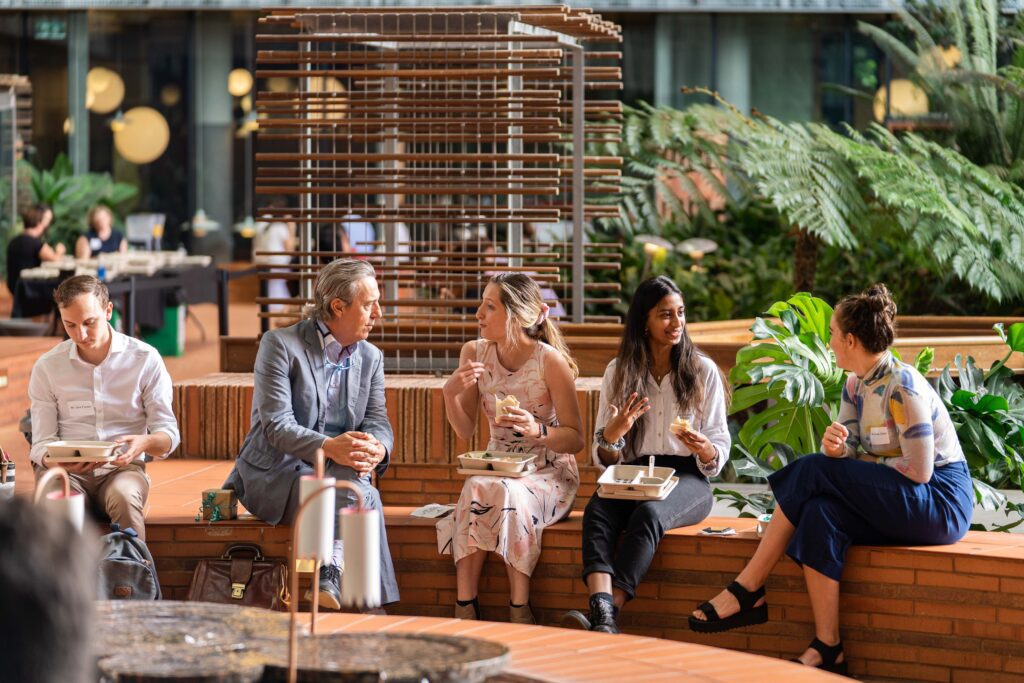
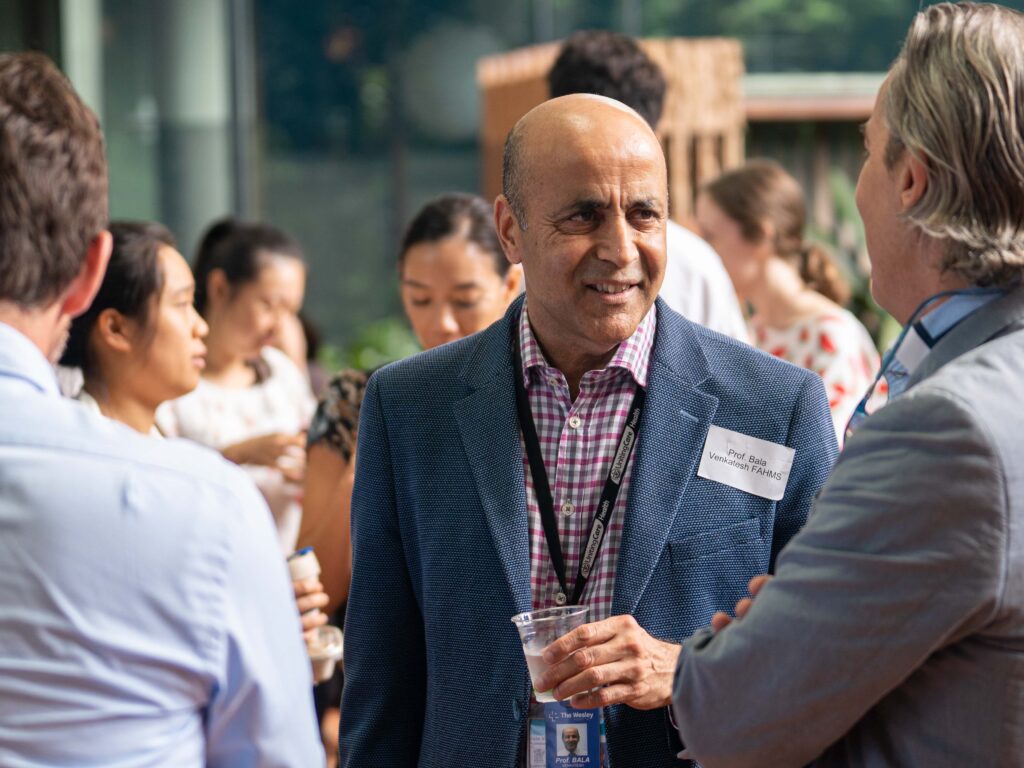
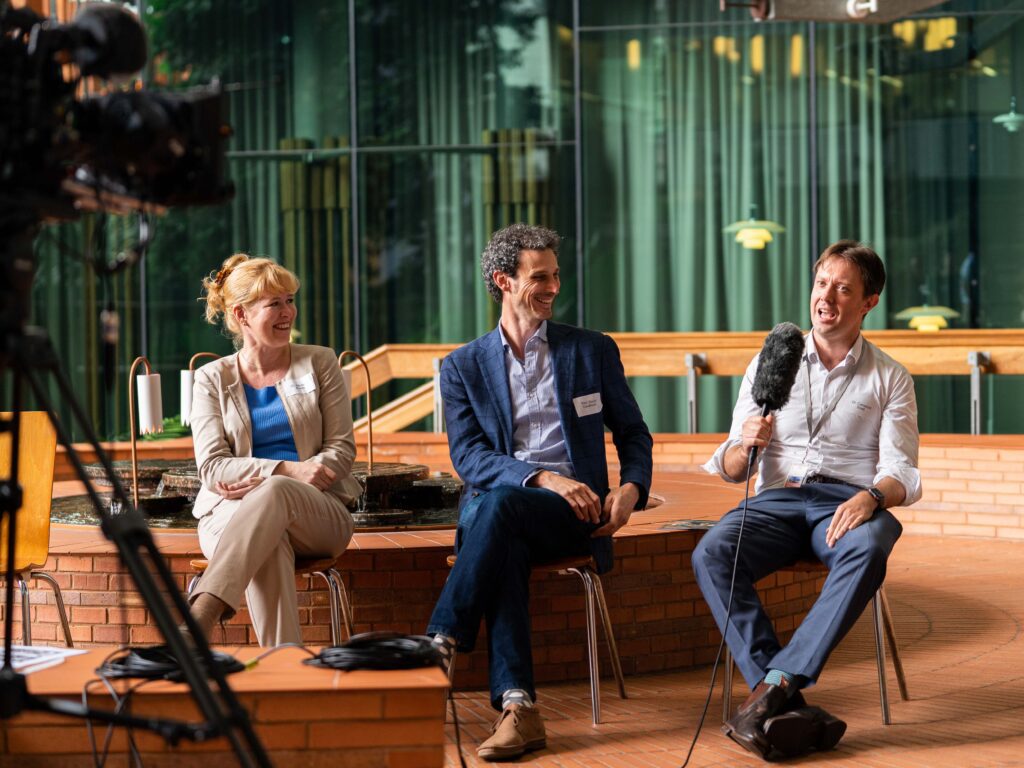
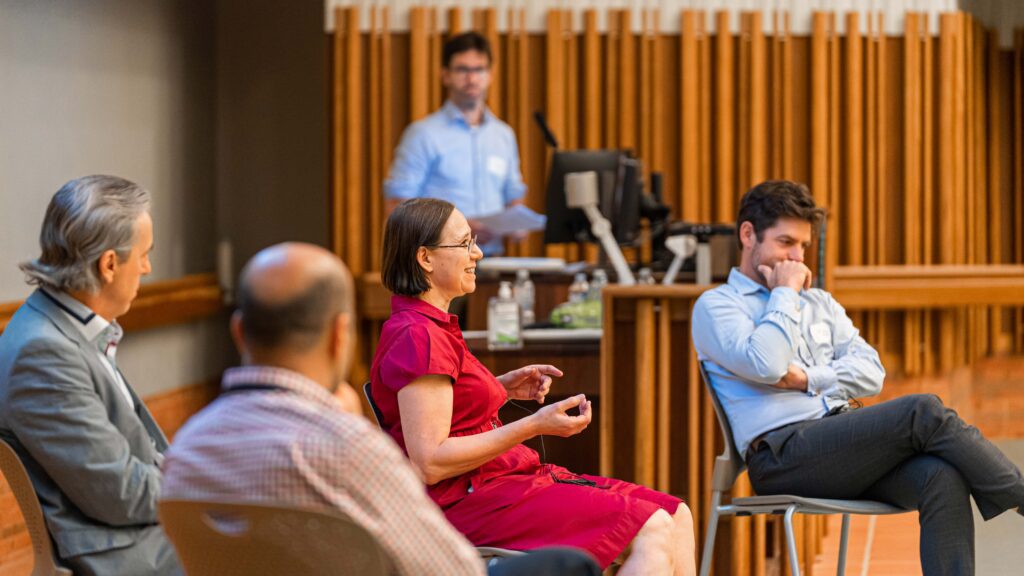
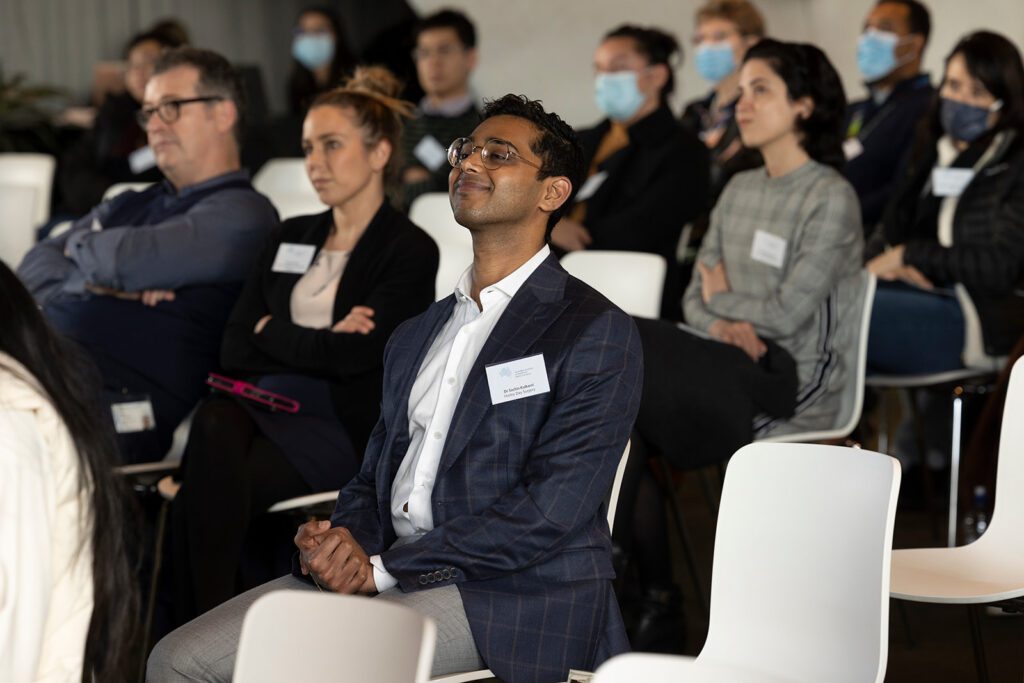
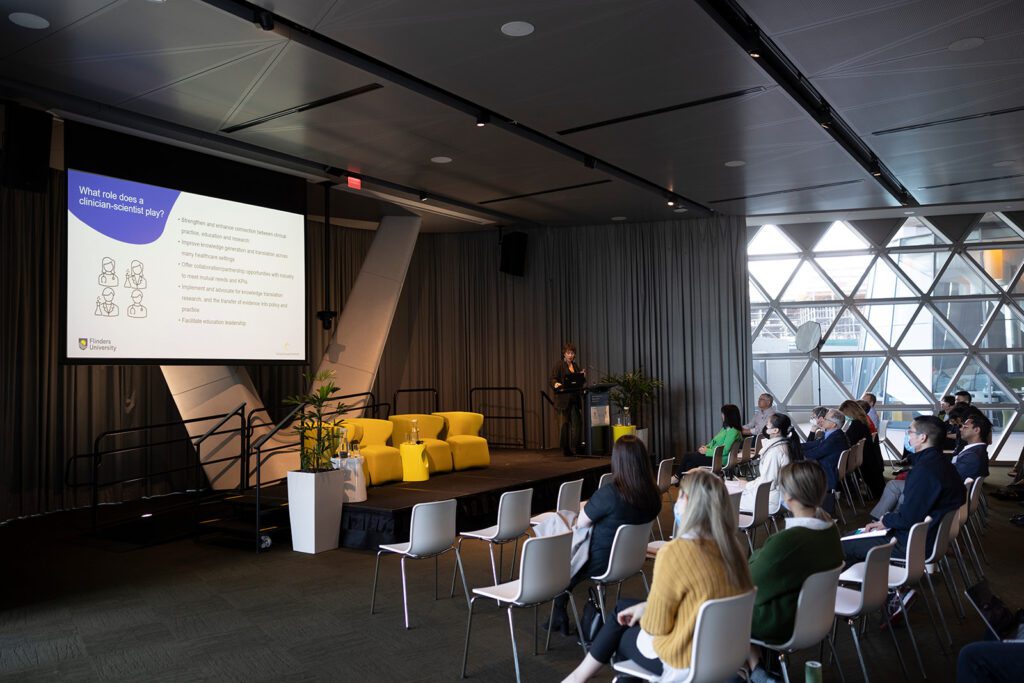

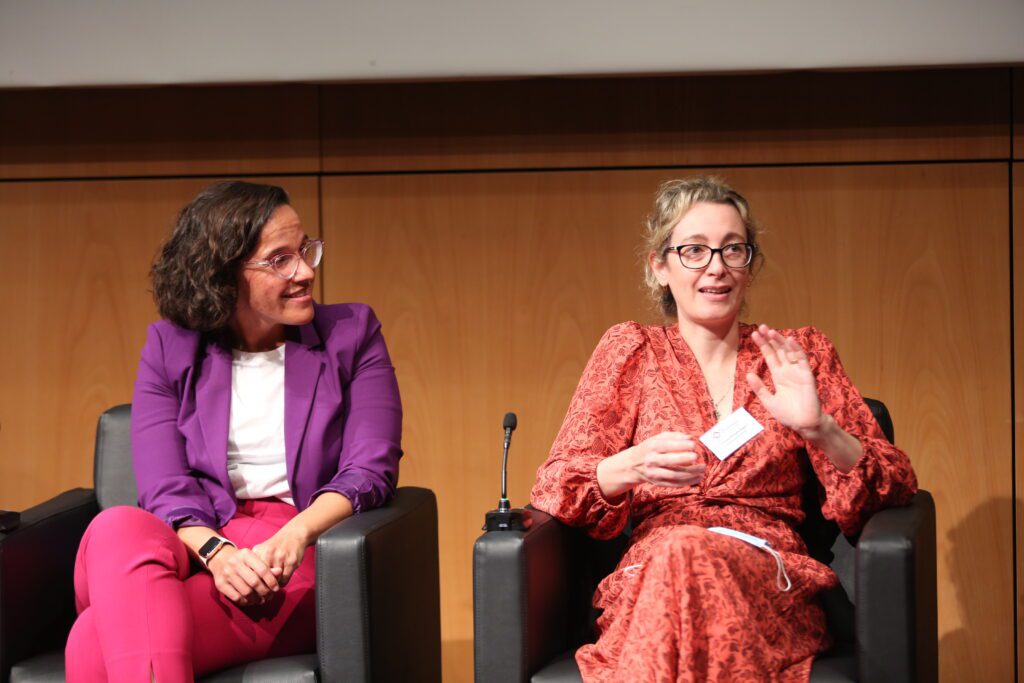
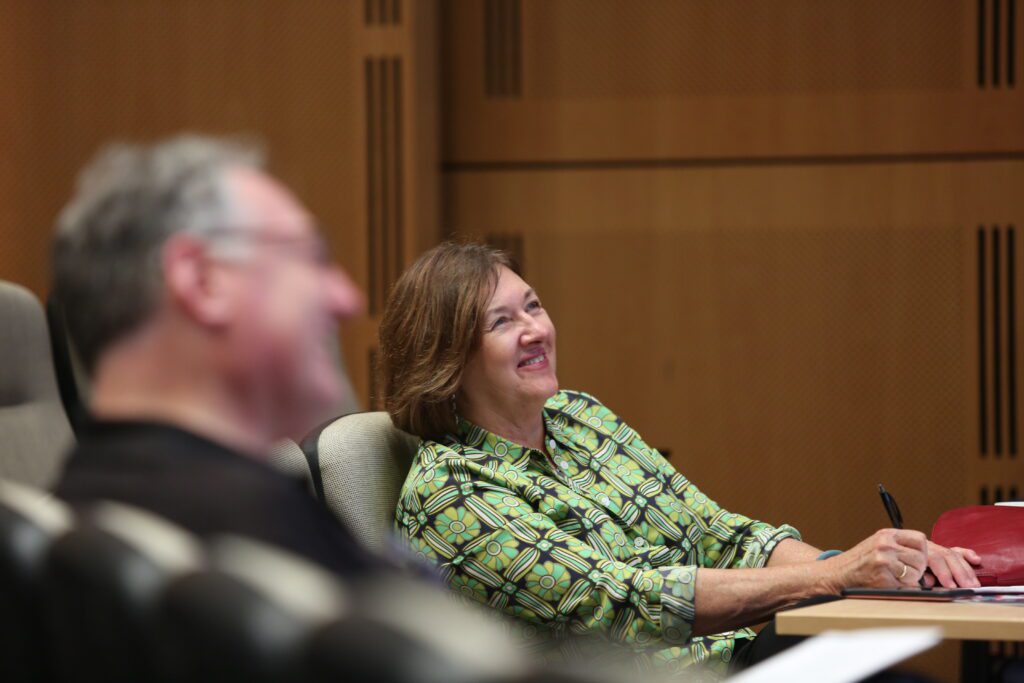
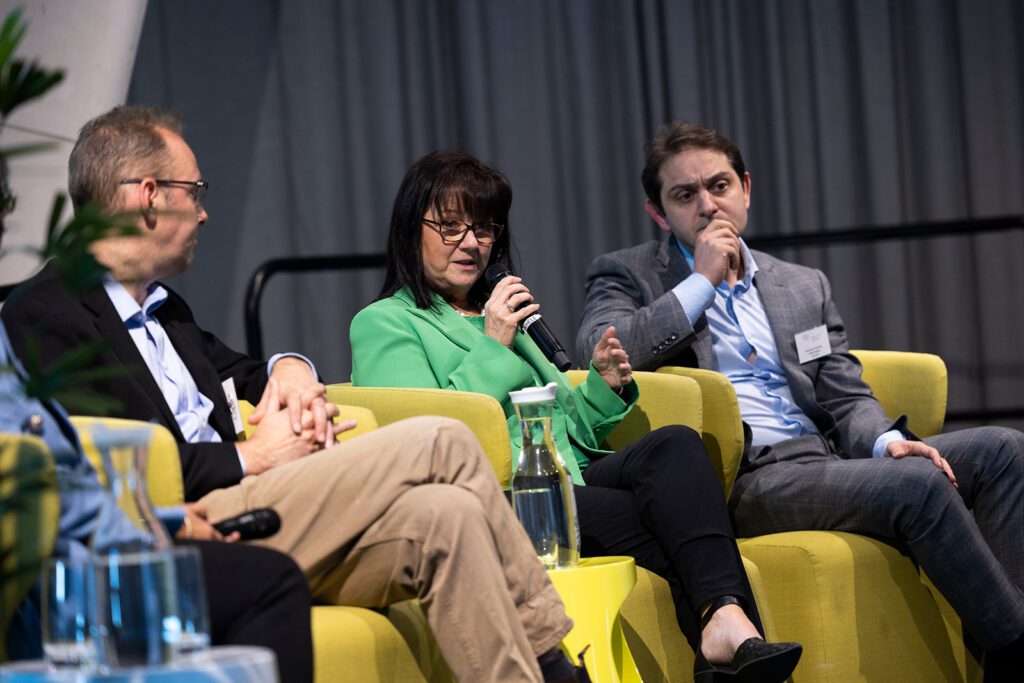
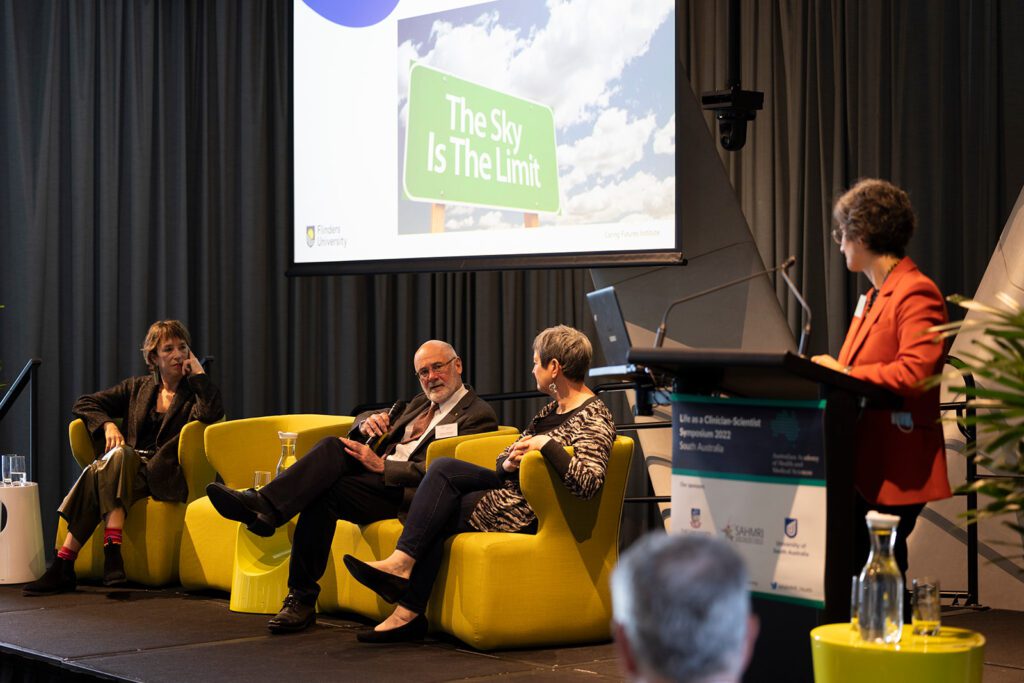
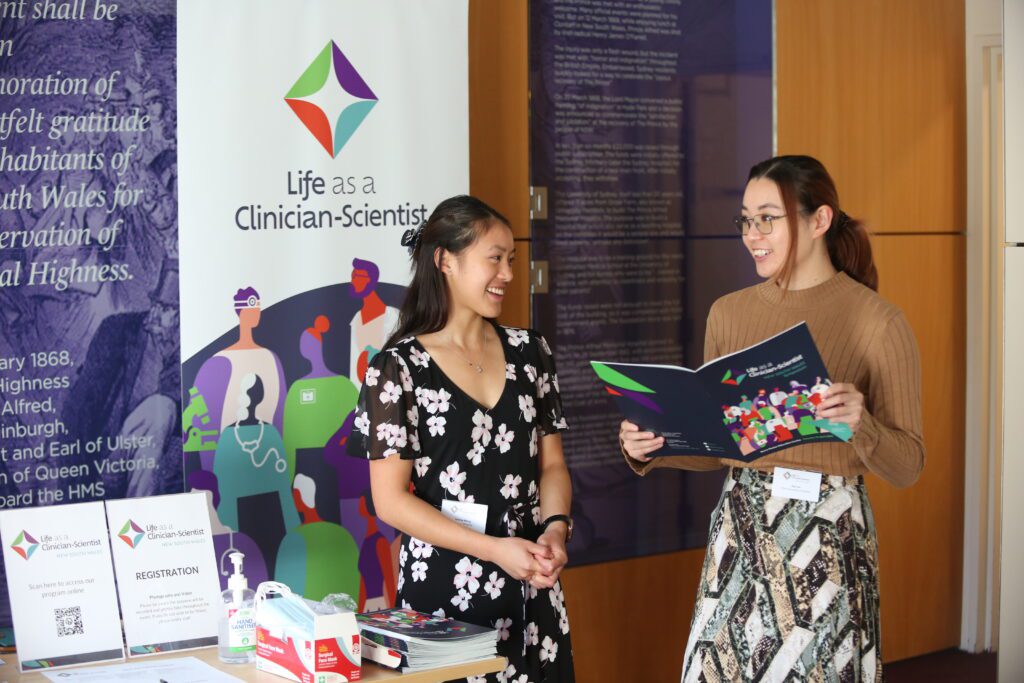
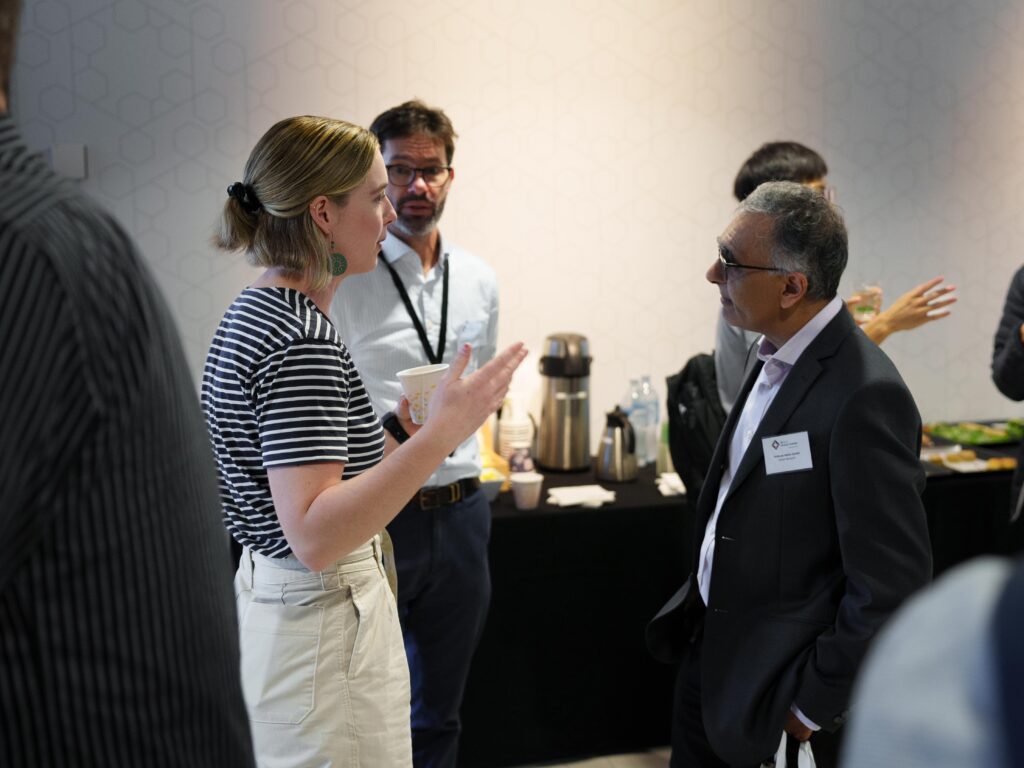
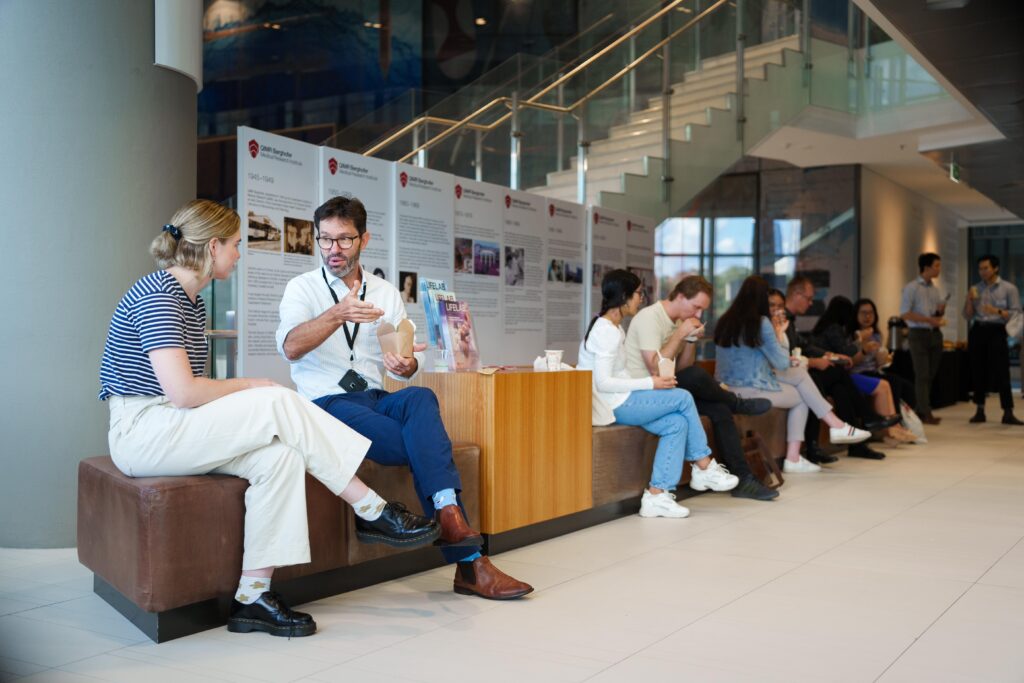
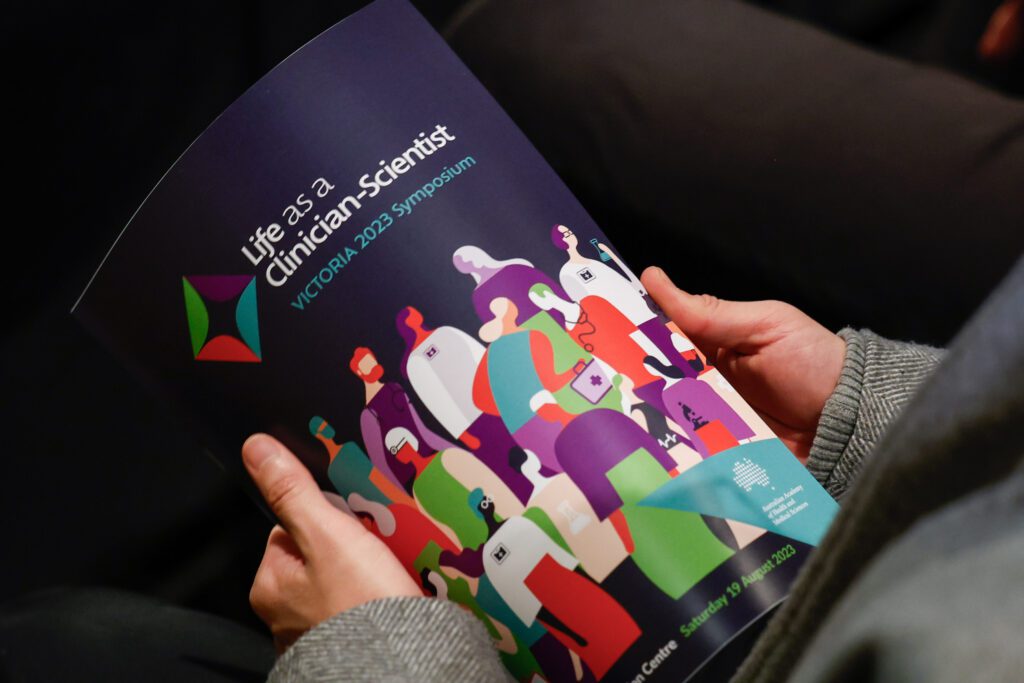

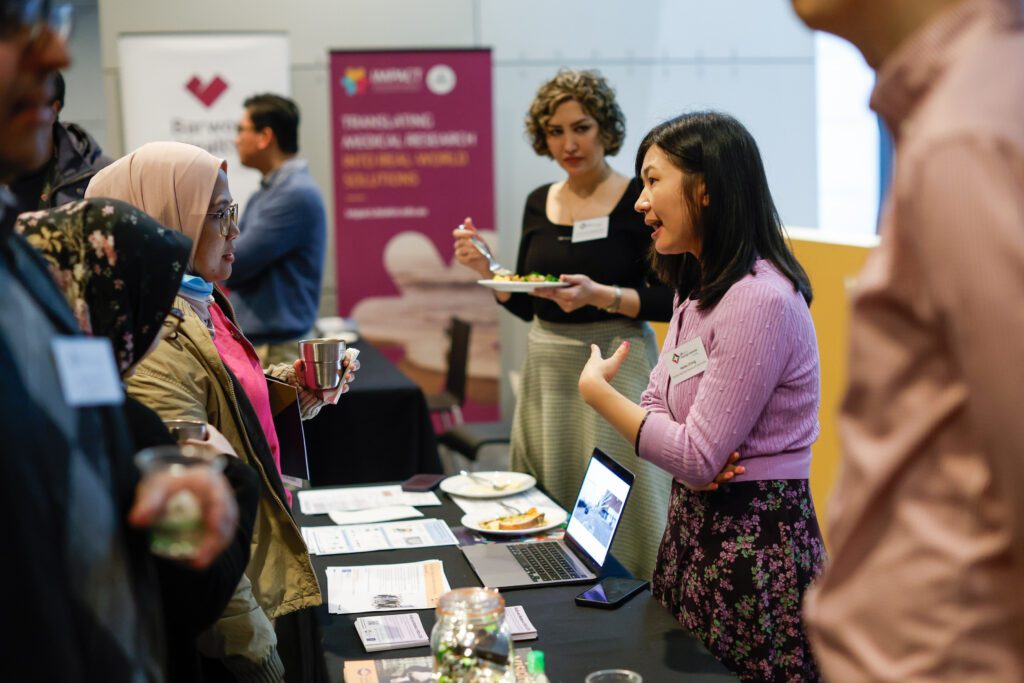
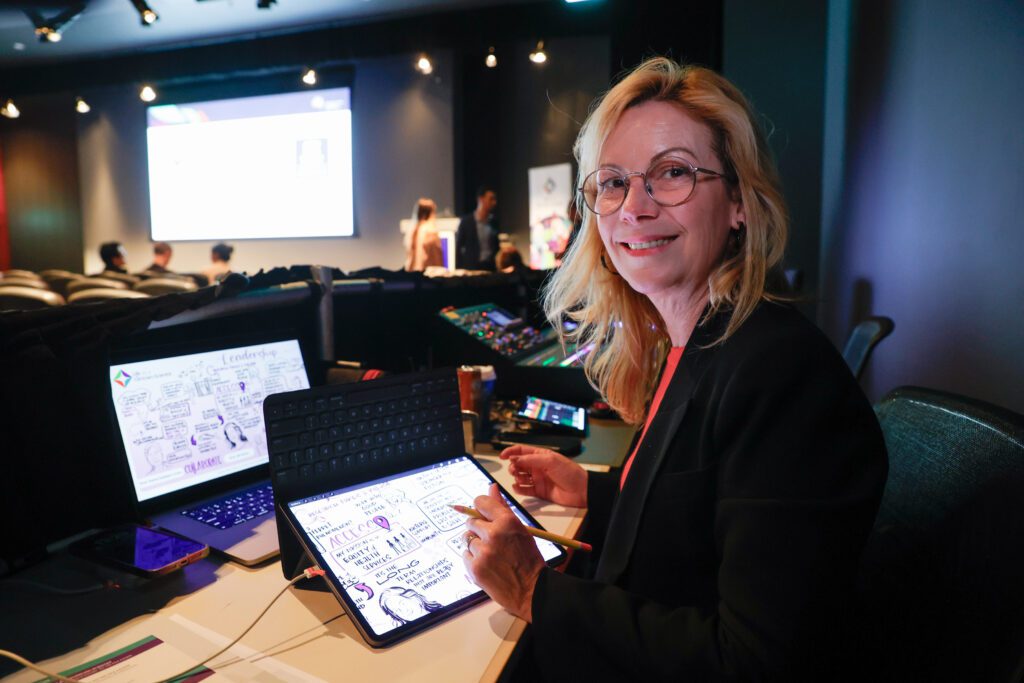
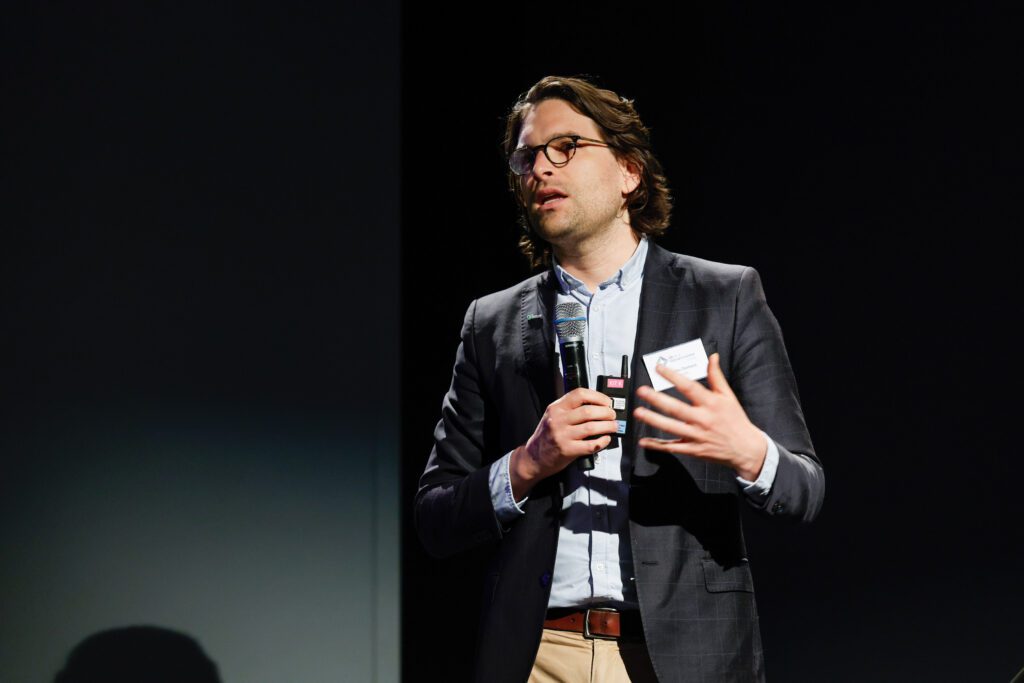
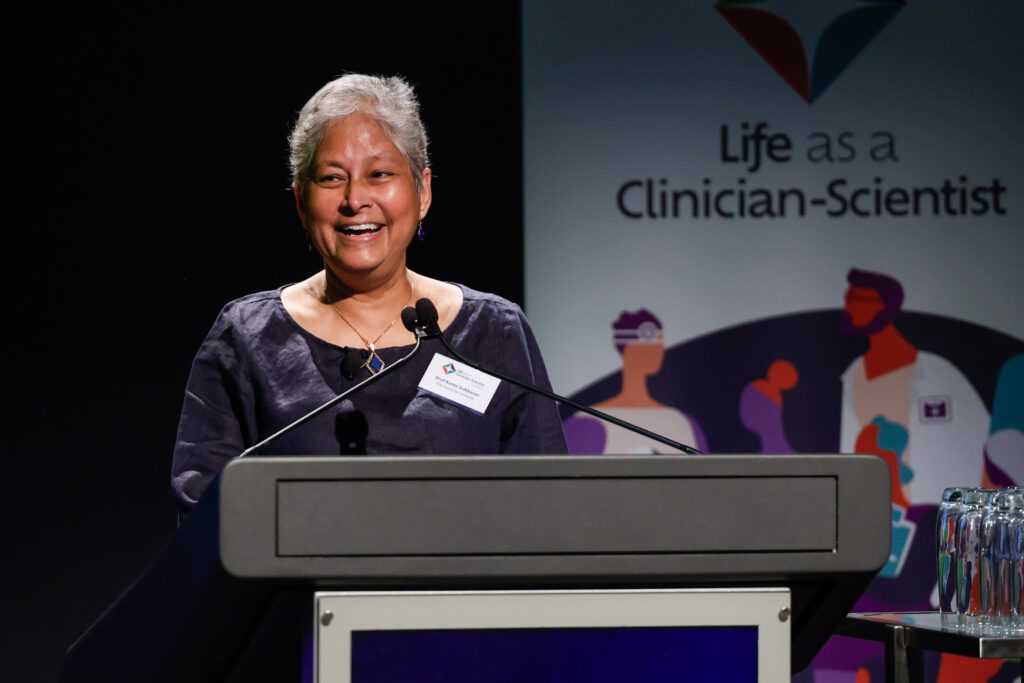
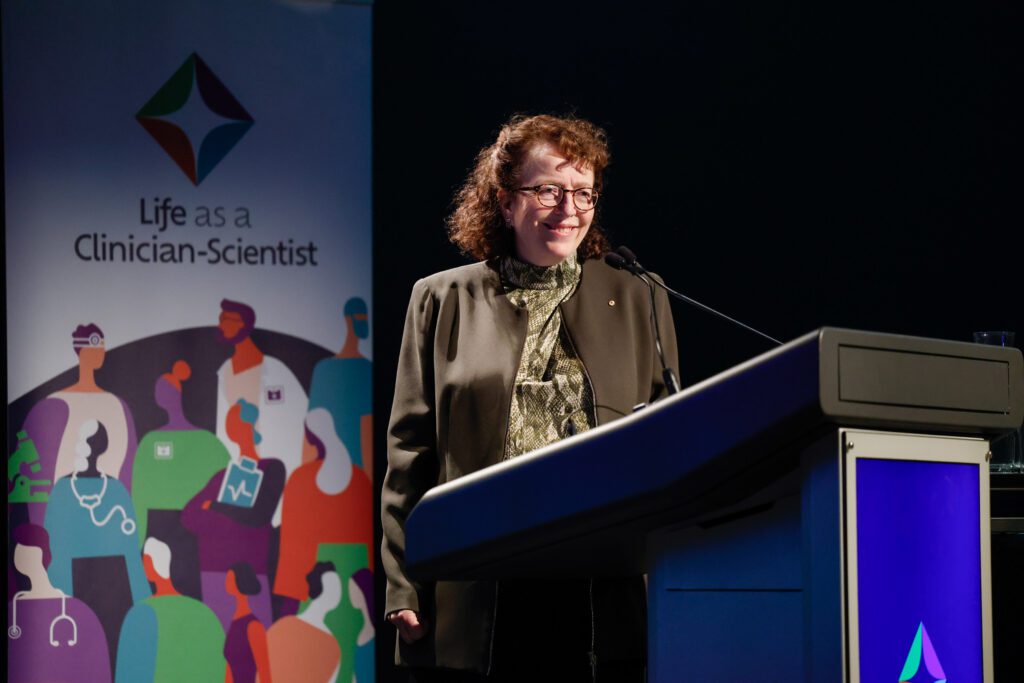
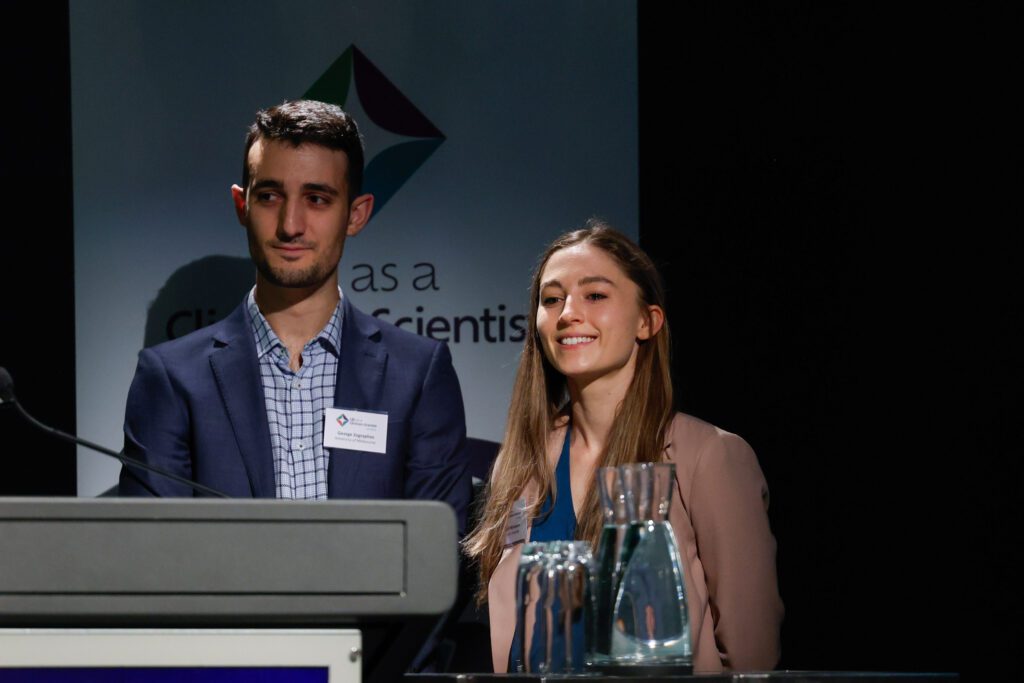
As the program grows, the evidence has been clear. In 2023 alone, more than 1,000 people registered across six events to hear from more than 50 speakers. Afterwards, 74 per cent of the attendees surveyed said they were likely or very likely to pursue a career as a clinician-scientist.
The next Life as a Clinician-Scientist symposium will be held on 23 March at The University of Melbourne, and will be chaired by Professor Scheffer.
“It’s an excellent opportunity to hear from some of the nation’s top health and medical minds as they share not only the highs and lows of their research careers, but reveal what it is that inspires them to be a clinician-scientist,” she said.
“Our audiences always impress me with their enthusiastic curiosity and thoughtful questions, and it’s wonderful to learn more about them in our spot mentoring sessions.
“This year’s speakers include Professor Fiona Stanley AC, Professor Sam Berkovic AC, and Professor Anne Kelso AO. It’s sure to be an extraordinary day.”
Register now on the symposium event page.
Learn more about the Life as a Clinician-Scientist program and upcoming events on the Academy’s webpage. You can also find videos from past events in our video library.
The Life as a Clinician-Scientist program would not have been possible without the generosity of the many sponsors that have supported our program since it started in 2016. We are most grateful for their support.
More than 200 speakers have shared their wisdom over 27 Life as a Clinician-Scientist events so far. While each of their experiences have been unique, these experts have shared some common advice to help clinician-scientists to succeed.
- Enjoy the journey: it can be a long (but rewarding) path to becoming a clinician-scientist. Don’t just focus on the end goal but enjoy each part of your career as you learn and progress.
- Find a good mentor: seek advice and guidance from people whose opinions you respect.
- Collaborate: Working with a team and collaborating with others can be hugely rewarding and open up new opportunities.
- Listen to your patients: working with patients and learning what is important to them can be invaluable, and will assist your lab work.
- Value work and life balance: Whether it is spending time with family, pursuing a sport, or taking time off to travel, it’s important to make time for things outside of your work.
- Follow your passion: if you’re not interested in the work you’re doing, it can be hard to stay focused. Make sure you are researching something that makes you curious and you think is important.
